Business Information Blog
The latest from our experts
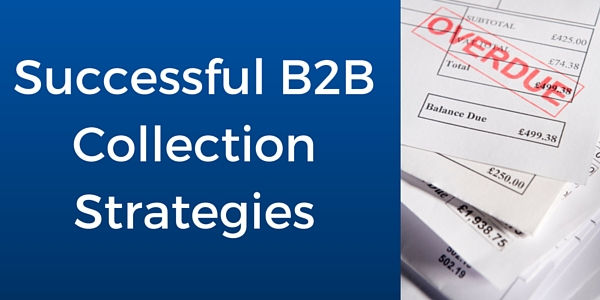
When collecting on delinquent debt, the most successful way to approach them is with a combination of perseverance, politeness, and professionalism.
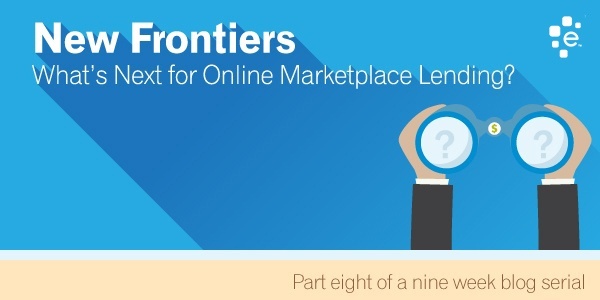
Simply put, online marketplace lending is here to stay. This post includes perspectives from several marketplace lending leaders, about its rapid growth.

Loan aggregators are the ultimate matchmakers. They compare the needs and qualifications of borrowers with lenders and bring the two parties together.
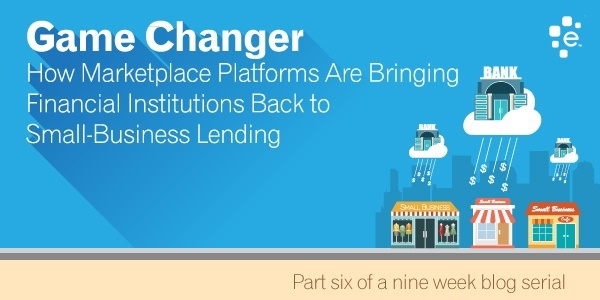
In the wake of the Great Recession, numerous entrepreneurs began to use online lending platforms to offer capital funding programs, short-term loans and other business-to-business (B2B) credit plans to small-business owners who were otherwise unable to do business with traditional banks. Today, much has changed, and "marketplace lending" has grown with loans coming in a wide variety of types, sizes, lengths and terms. The characteristics marketplace lenders tend to share include:
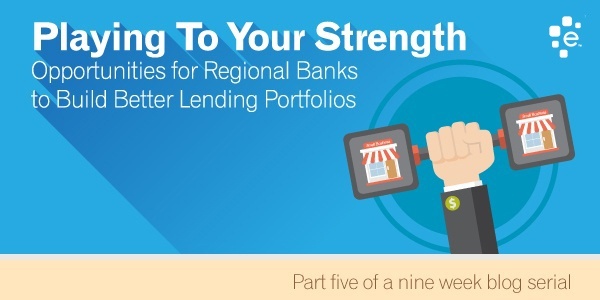
Charles H. Green offers his perspectives on the marketplace lending sector, and how regional banks can build better lending portfolios.
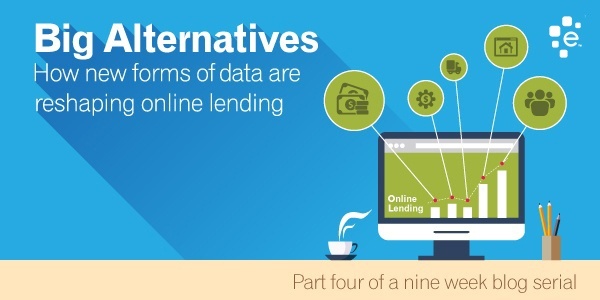
Online lenders represent a valuable resource for small businesses in need of working capital. Also known as "alternative" lenders, they are particularly useful to new businesses lacking the long, detailed credit history that banks and traditional lenders usually require to underwrite a commercial loan.

The Responsible Business Lending Coalition — a group of nonbank small-business lenders — announced a self-regulatory program during August that is designed to bring greater clarity and consistency to its industry’s pricing and consumer protections. The Small Business Borrower’s Bill of Rights outlines six primary principles that those signing the pledge will abide by when lending to small businesses. They include:
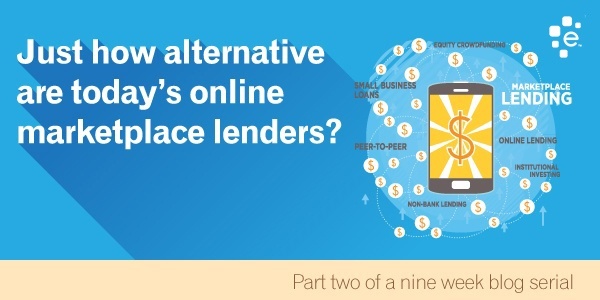
This week, we invited Charles H. Green to offer his perspectives on the online marketplace lending sector. The following article is his contribution to our series on marketplace lending.
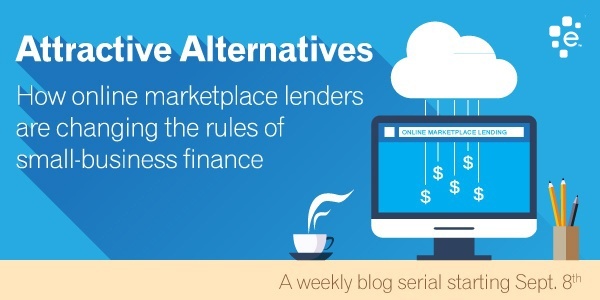
Disruptive technology has radically changed how we shop, socialize, book vacation rentals — and even how we hail a cab. Now we have another Web-based disrupter upending yet one more venerable American institution: how we secure small-business loans.

Experian FusionIQ enables B2B organizations to easily integrate Experian business and commercial credit information into your Salesforce.com CRM instance

Credit departments have long performed the important role of assessing and monitoring the health of new and existing customer accounts. However, in the wake of the Great Recession and the ensuing slow economic recovery, the need to evaluate the health of supply chain partners has become even more important.
![[Infographic] Women’s Small Business Snapshot](https://www.experian.com/blogs/business-information/wp-content/uploads/2020/09/wbo_600x258.jpg)
In 2014 the Subcommittee on Small Businesses and Entrepreneurism published a report that said only 4% of the total dollar amount of business loans go to Women owned businesses. After hearing of this report, Experian Decision Sciences decided to conduct a study of Women Business Owners to see how they were doing.








